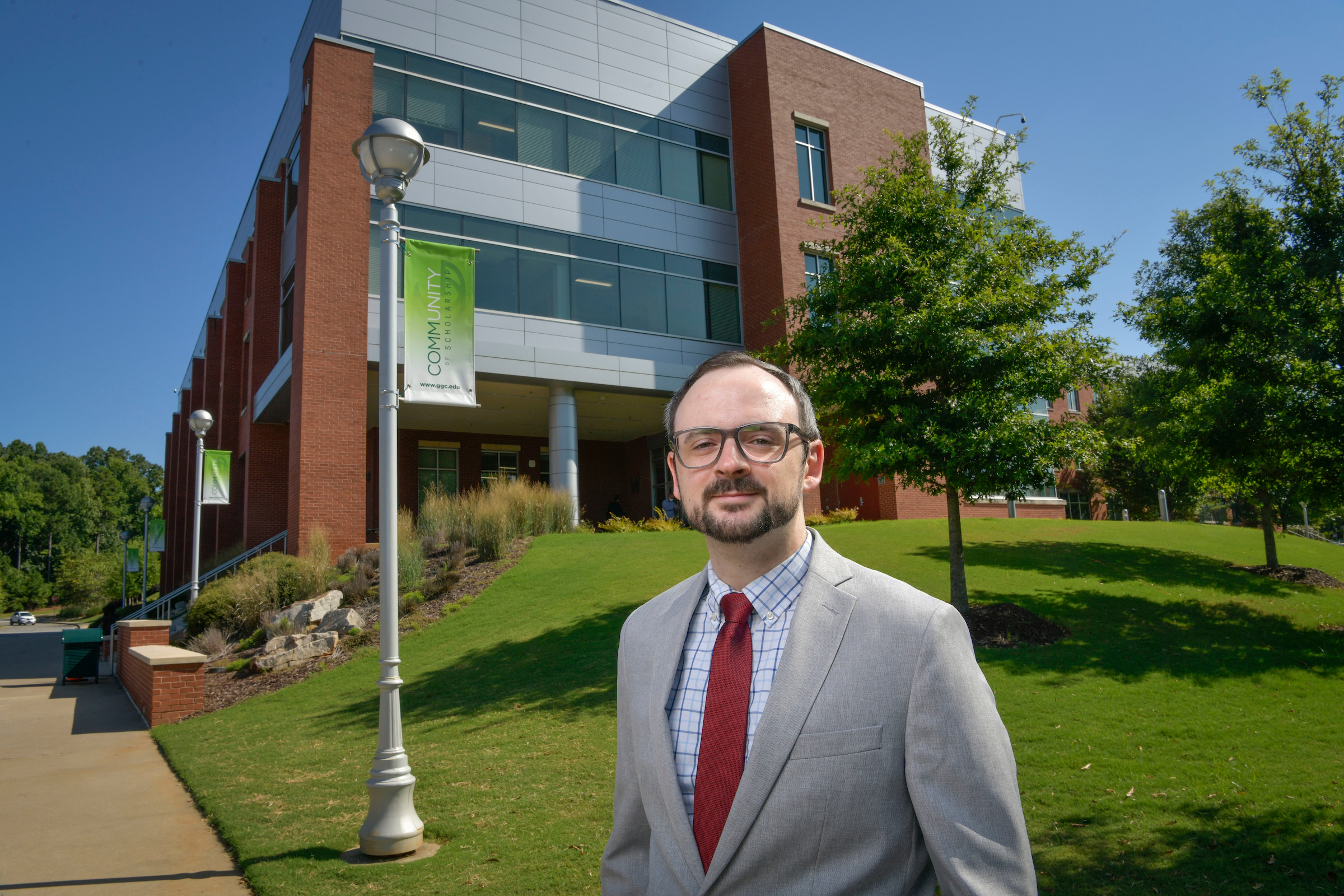news
What could an interest rate cut mean for you?

There’s increasing talk about a cut in interest rates, but what does that mean and how does it affect individuals and the economy as a whole?
Dr. Philip Vinson, assistant professor of economics at Georgia Gwinnett College (GGC), says there are many factors that will influence the Federal Open Market Committee’s (FOMC) decision about interest rates. The next FOMC meeting is Sept. 17-18.
Factors that could influence the FOMC’s decision to cut rates include inflation and the unemployment rate.
“Inflation has fallen to 2.5% as of August, which is the lowest level since February 2021. This means that the Fed has nearly, but not quite, hit their inflation target,” said Vinson.
On the other hand, the unemployment rate has remained steady at 4.2%.
“While 4.2% is still considered low, there is increasing concern that higher interest rates are jeopardizing labor markets and economic growth, so the overwhelming consensus is that Feds are about to cut rates at their September meeting,” he said.
With inflation steadily declining and the unemployment rate remaining low, what impact might a rate cut have on the average consumer?
“With lower rates, many things will be cheaper, such as investments for businesses and loans for consumers,” he said. “More business activity also means increased hiring.”
While assets like housing prices could increase, overall, mortgages and car loans will likely become cheaper, making it a more favorable environment for borrowers,” Vinson said.
Dr. Philip Vinson is an assistant professor of economics at Georgia Gwinnett College specializing in macroeconomics and the intersection of housing prices and consumer behavior. He has published in leading journals such as Real Estate Economics and The B.E. Journal of Macroeconomics. With a strong background in both empirical and theoretical analysis, Vinson provides insightful commentary on how market dynamics impact households and broader economic trends.
